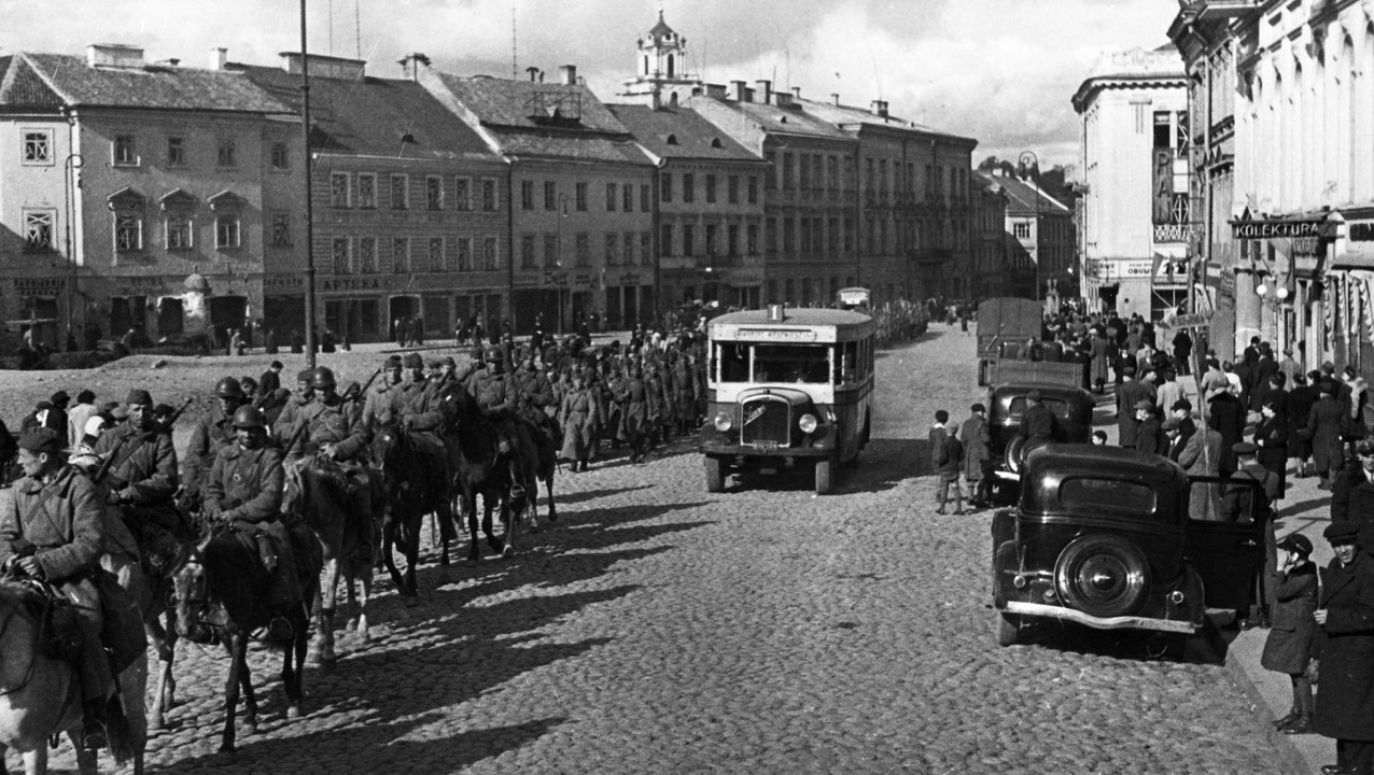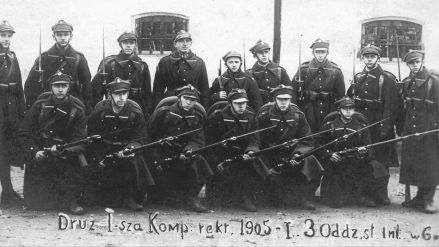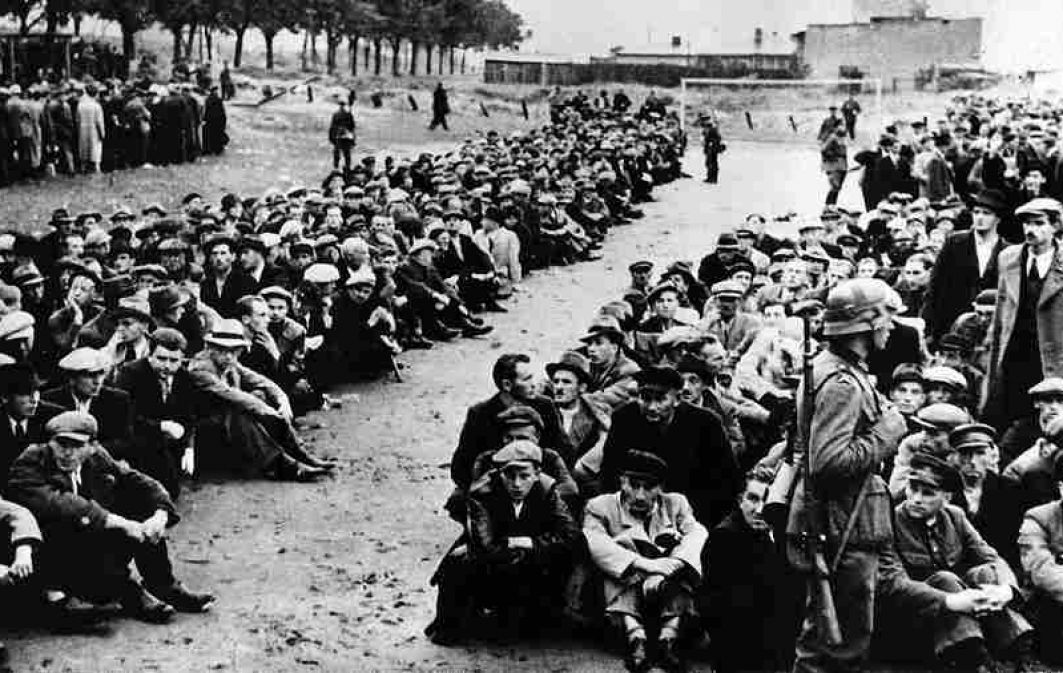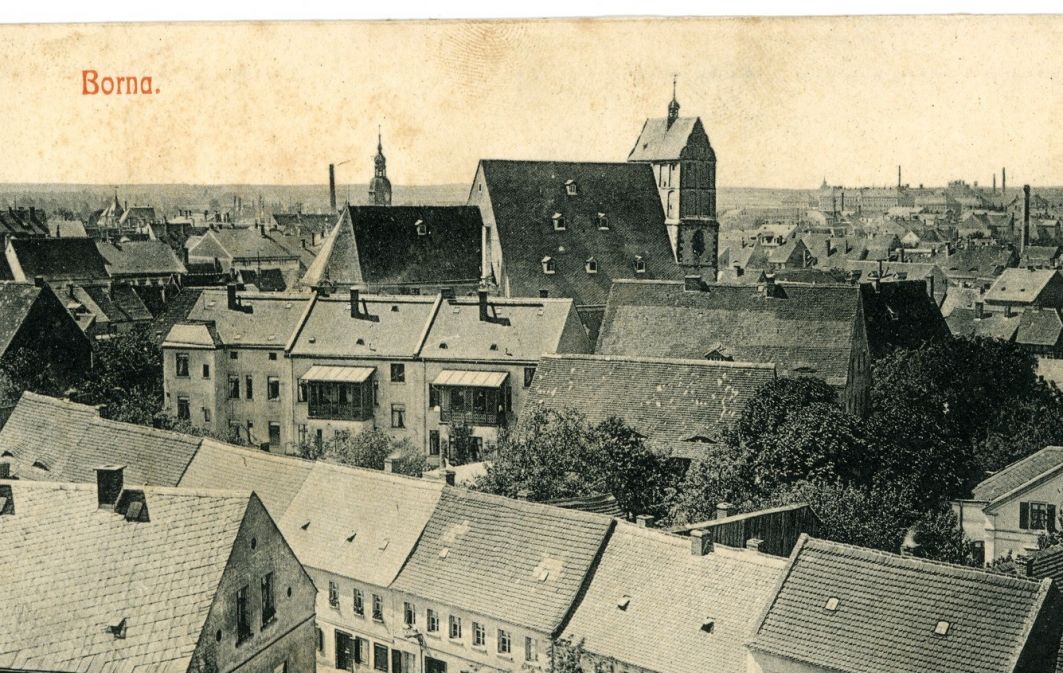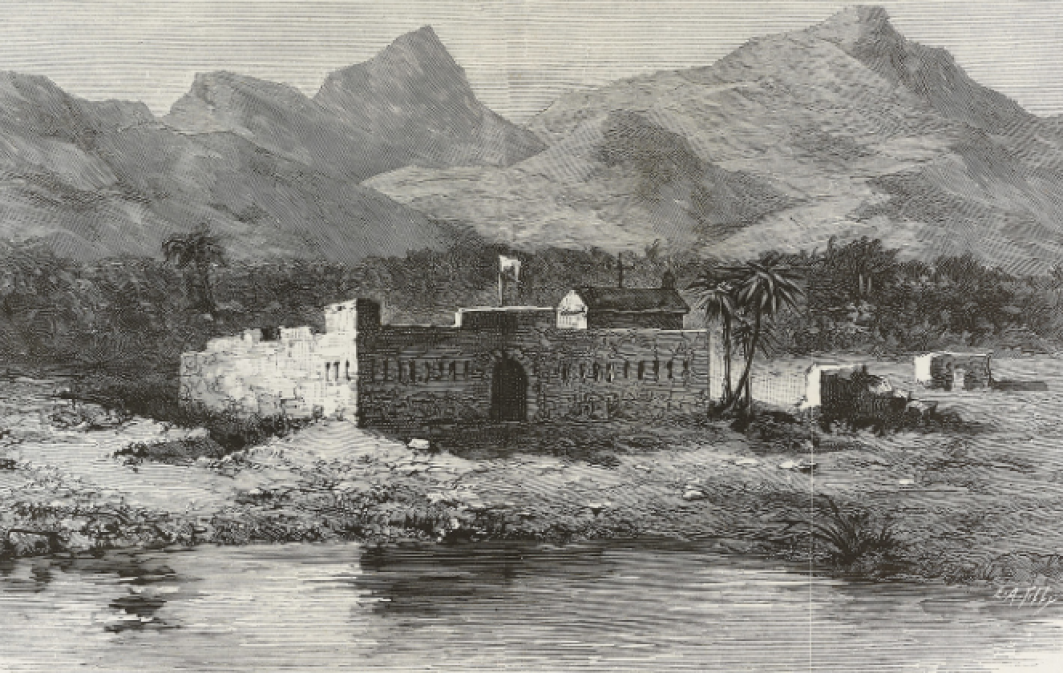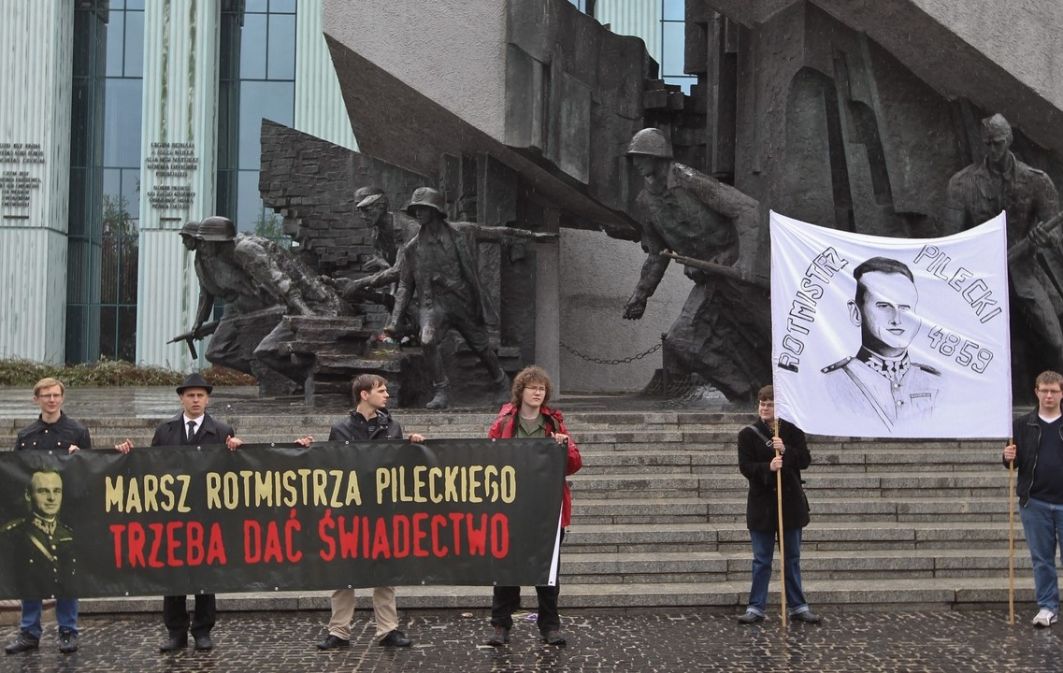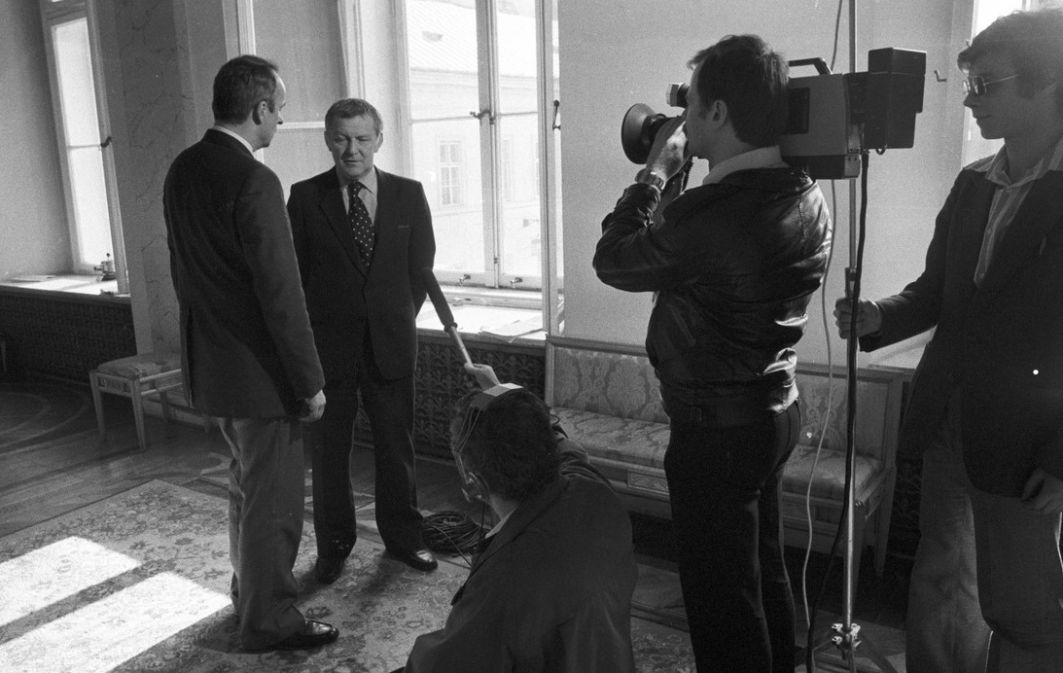It is difficult to suppose that if Rydz-Śmigły had defended himself on the Romanian Bridgehead for two or three weeks, the attitude of the military and the French and British governments would have changed. As for the charge of not declaring war, we did not declare war on the Third Reich either, nor did the Third Reich declare war on Poland. Hitler, furious after Poland accepted British guarantees, terminated a non-violent pact in one of his speeches, but that is not quite the same thing.
Instead, England and France declared war on the Third Reich as formally as possible on 3 September 1939; it quickly acquired the name
drôle de guerre, the Phoney War – in Polish historical literature: “an odd war”, though the literal translation would be „a funny war”. The temperature of the actions on the Western Front, or the Franco-German border until May 1940, is more bluntly explained by the German term
Sitzkrieg (a sit-down war). And everything was as formally communicated and registered in accordance with international law.
The government of the Second Polish Republic at home did not declare war on the USSR. In Romania, which turned out to be a neutral state instead of an Allied one, the government was interned under German pressure. The émigré government in France, which was formed two weeks later, also did not formally declare war, because it was already too late, the fighting was over. However, in many documents – correspondence with the Allies – the government-in-exile portrays what happened in Poland as aggression and a state of war with two states. Did it matter?
There are historians who say that a formal declaration of war against the USSR in September 1939 would have strengthened Poland’s diplomatic position later on. They say nothing about a formal declaration of war against the Third Reich. It was obvious that it was war, an unprovoked aggression, and no formalities were needed. For in the West’s view during and long after the war, only Hitler was the aggressor and the criminal – Stalin was the good uncle. That’s the cost of (un)neccessary evil – well, a trifling territory of half of Europe.
Suppose Britain is persuaded to sign the Sikorski-Majski pact restoring diplomatic relations with Poland, which is at war with the USSR, after a bloody defence to the end of the Romanian Bridgehead. Would they not induce their esteemed ally to conclude a pact with its most important ally without raising the question of Vilnius and Lviv?
The war would have probably been concluded with some round sentences, and if there had been intransigent resistance, Władysław Sikorski might have heard from Churchill what Władysław Anders heard later, after the Yalta Conference: “you can take your divisions away, we’ll do without them”. Especially as the Anders Army, the most numerous in the Polish Armed Forces in the West, was not yet in place.
Poland formally declared war on only one country in the 20th century, the Empire of Japan, four days after the attack on Pearl Harbour. The war lasted on paper until 1957.
– Krzysztof Zwoliński
TVP WEEKLY. Editorial team and journalists
– Translated by jz

 SIGN UP TO OUR PAGE
SIGN UP TO OUR PAGE 
